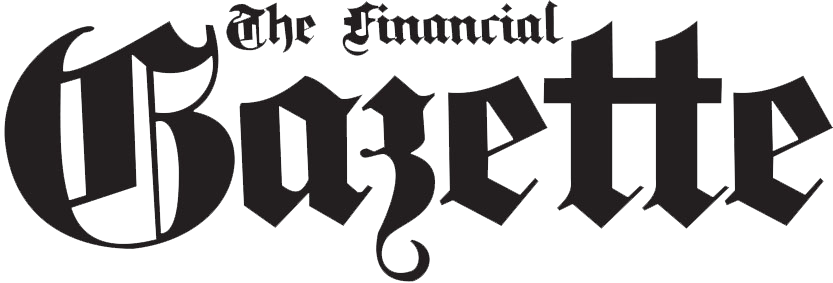UNIFREIGHT Africa (Unifreight) says it is optimistic that government will intervene to curtail informal imports that have been competing with locally-produced goods.
This comes as the group recently expressed concern over the suspension of import duty on basic commodities by the government, saying any disruption to the formal sector is likely to have negative consequences within the Unifreight Africa business.
“We are also hopeful there will be interventions from government to curtail informal imports that have been competing with domestically produced goods to support local industry and promote job creation,” Unifreight board chairman, Peter Annesley, said in a statement accompanying the group’s financials.

 Annesley highlighted that Unifreight is also hopeful about the future and looks forward to utilising its increased capacities during the traditional festive period ramp-up in retail spending between October and December.
Annesley highlighted that Unifreight is also hopeful about the future and looks forward to utilising its increased capacities during the traditional festive period ramp-up in retail spending between October and December.
During the half year that ended June 30, 2023, the group’s overall volumes were up 38 percent year-on-year, with a significant contribution coming from tobacco.
“Significant contributions have come from tobacco, where we are now transporting over 40,000 tonnes/annum, which is 91 percent up from last year,” Annesley said.
“With the new fleet, we have also been able to dedicate vehicles to blue chip customers such as Delta, Triangle, Unilever, Nestle, and Cairns who all require nationwide distribution.”
The group’s revenue for the half year of $55 billion was 115 percent above the prior year’s restated revenues of $22 billion.
Unifreight’s tonnage grew by 50 percent from the prior year, though 18 percent below budget, largely driven by tobacco volumes and increased FTL volumes from new vehicle assets.
The group recorded a net profit before tax of $6 billion during the half year, which is 30 percent below the prior year due to an increase in finance costs.
“Finance costs were driven by revaluation of foreign-denominated loans obtained to finance new vehicles amounting to $44 billion,” Annesley said.
Total group inflation-adjusted earnings were $66 billion, largely driven by the revaluation of assets following a change in accounting policy from a cost model to a revaluation model.
Unifreight’s balance sheet grew to $269 billion from $66 billion due to a combination of recapitalisation of its fleet and revaluation of assets.
Annesley noted that given the group’s focus on improving working capital cycles as well as the need to reduce exposures to borrowings and foreign liabilities, the board decided not to declare an interim dividend.
Subscribe to The Financial Gazette
This is premium content. Subscribe to read article.





